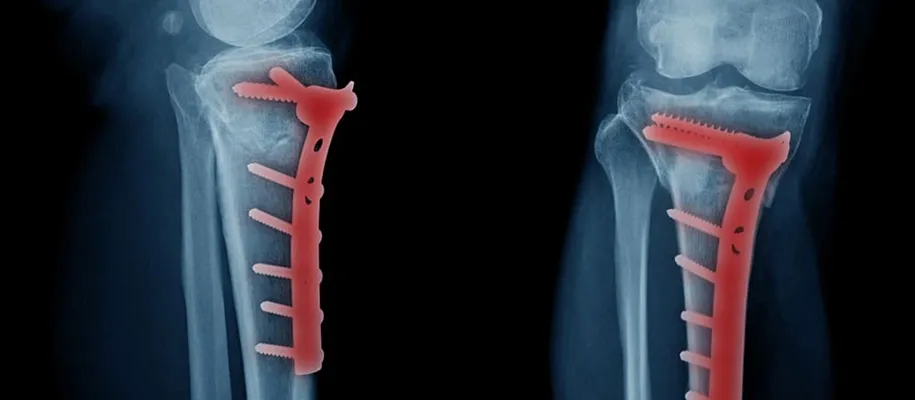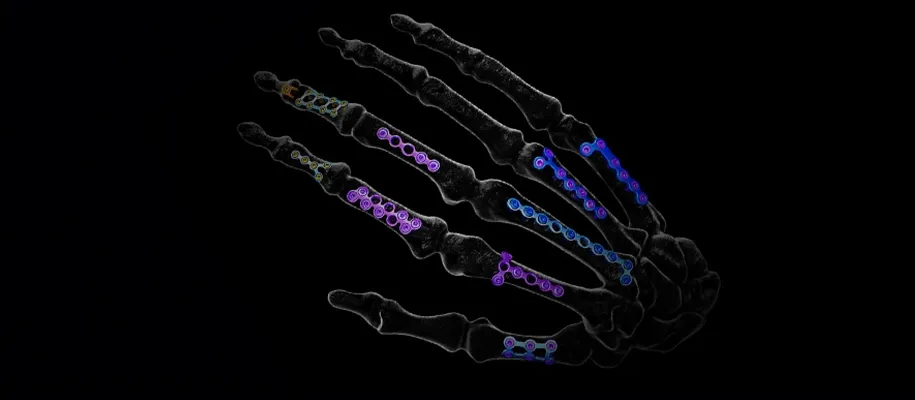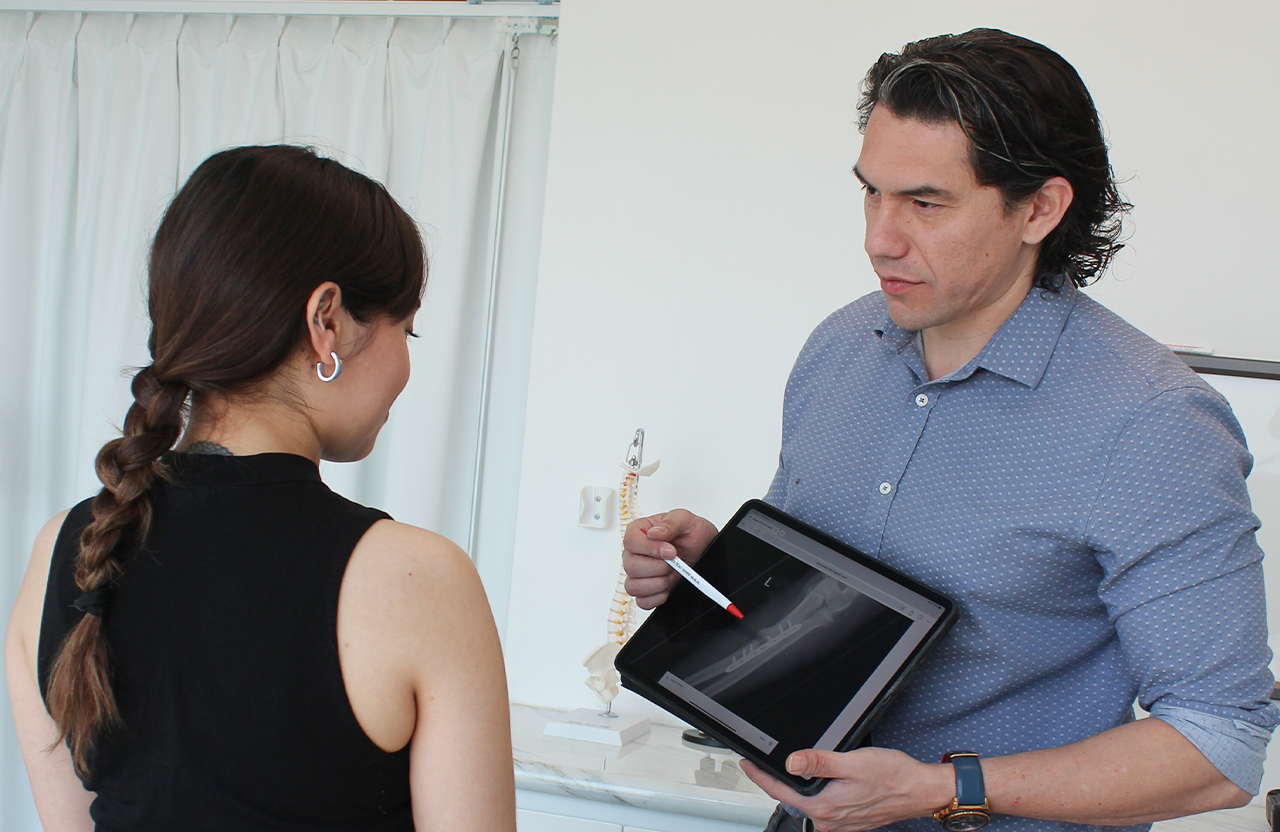Why do we say the body rejected the material? Factors associated with failure in fracture osteosynthesis
Osteosynthesis refers to a surgical technique that stabilizes and joins bone fragments after a fracture or implant.
Patients often say "my body rejected the material" when they notice abnormalities like loose plates or screws protruding through the skin.
However, there are multiple reasons for osteosynthesis failure. In most cases, the body hasn't actually rejected the material - rather, material fatigue occurs from micro/macro movements causing loosening. When implanted, the hardware has considerable stability and grip, but factors like postoperative care, weight-bearing forces, and premature loading can create stress leading to loosening. We call this either implant protrusion (when hardware protrudes) or implant fatigue.

Main causes
- Poor fracture reduction
- Lack of postoperative care
- Improper screw/plate/implant placement
- Allergy or infection
As an orthopedic trauma specialist, I emphasize consulting experts and strictly following their instructions to avoid complications.

How is osteosynthesis material removed?
For infection: Results from contamination during/after surgery, healing alterations, or infected hematomas. Treatment involves IV antibiotics and prophylactic antibiotics before removing infected tissue. Post-op includes wound disinfection, drainage to prevent fluid accumulation, and antibiotic therapy.
For allergy: Materials like nickel, cobalt and chromium in plates/screws can cause allergic contact dermatitis.
For fatigue: The procedure uses the previous incision to remove worn/loose components, replacing them with new ones. Bone grafts or specialized materials may fill osteolysis areas.
The only true "rejection" occurs with allergic reactions. Other cases involve infection, wear/fatigue, or non-union (pseudoarthrosis). Attend all follow-ups with your orthopedist and report any concerns to ensure proper recovery. Contact me to schedule an evaluation.
